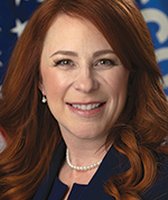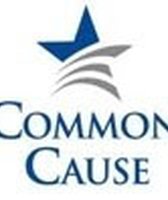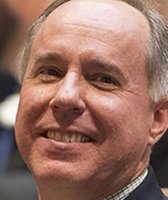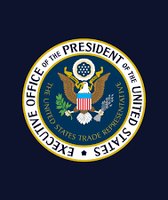Stand up for the facts!
Our only agenda is to publish the truth so you can be an informed participant in democracy.
We need your help.
I would like to contribute
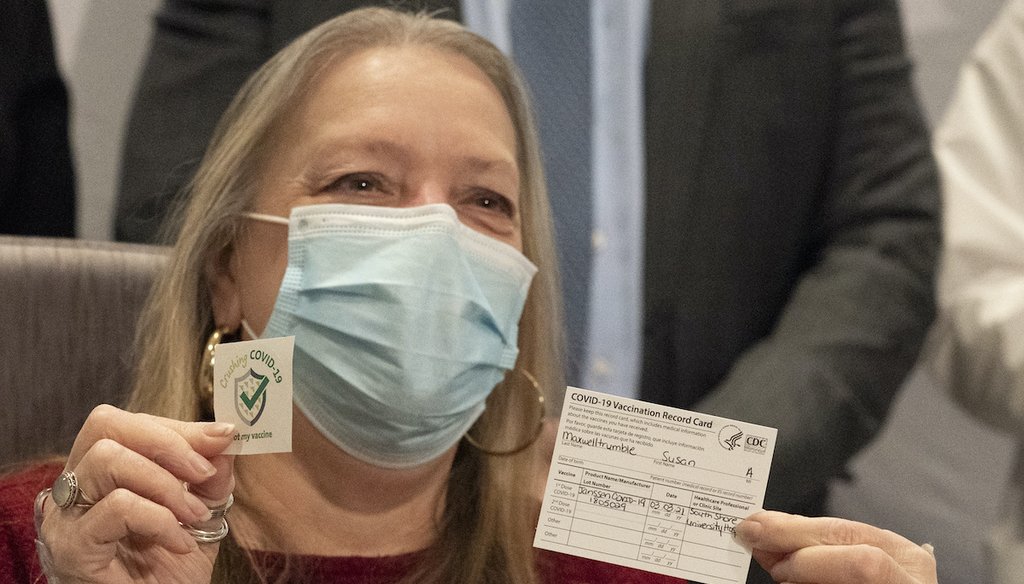
Susan Maxwell Trumble displays her vaccination card after being inoculated with the Johnson & Johnson COVID-19 vaccine at South Shore University Hospital, March 3, 2021, in Bay Shore, N.Y. (AP)
Since the first COVID-19 vaccines were sent out across the country last December, more than 135 million Americans have gotten at least their first shot.
They’re growing more confident about it, too, after watching others get immunized. A March Kaiser Family Foundation poll found that just 17% of respondents were planning to "wait and see" how others reacted to the shot before getting it themselves, down from 39% at the end of last year.
The percentage of people who said they will "definitely not" get the vaccine hasn’t shifted much in the last few months, while the percentage of people who have already gotten it is growing.
RELATED: Ron Johnson said vaccine distribution should have been limited 'to the vulnerable'
Attention is turning now to convincing those who aren’t as interested in the shot to get immunized so the nation can reach herd immunity, which experts estimate could require 70% to 90% of the population to have antibody protection from the virus.
Sign up for PolitiFact texts
Nearly half of Republican men say they do not plan to be vaccinated, according to a March NPR-PBS NewsHour-Marist poll, which has spurred party leaders and influencers like Senate Minority Leader Mitch McConnell and former President Donald Trump to encourage their supporters to get the shot.
The senior senator from Wisconsin, however, has taken a different approach.
In an April 22, 2021 appearance on conservative radio host Vicki McKenna’s show, U.S. Sen. Ron Johnson said he is getting "highly suspicious" of the push to get the large majority of Americans vaccinated against the coronavirus.
Johnson made several misleading points about the vaccines:
Says the vaccine isn’t fully tested and approved
Each COVID-19 vaccine approved in the U.S. has received an emergency use authorization from the federal Food and Drug Administration, following an expedited process because of the public health emergency the pandemic triggered.
Johnson contended in a Friday statement to the Milwaukee Journal Sentinel that the emergency use authorization called into question whether young, healthy people should be receiving the vaccine, which he said has not been "fully tested and fully approved."
It’s accurate to say that the COVID-19 vaccines are not yet fully licensed by the FDA, though the agency expects each manufacturer to continue clinical trials so the shots can eventually be fully licensed.
That doesn’t mean, though, that the manufacturers skipped important steps or blew safety standards, as those who seek to push vaccine misinformation typically claim.
Clinical trials included the same number of participants as are required for any vaccine trial, said Dr. James Conway, an infectious diseases expert at the University of Wisconsin-Madison's Global Health Institute.
Vaccine manufacturers had to submit reports on the outcomes and effects on every trial participant, as well as details about quality control and the manufacturing process.
Each trial participant was observed for two months following their final dose of vaccine. Experts say there hasn’t been a serious side effect of a vaccine in history that hasn’t appeared within two months of receiving it.
Seema Shah, a Northwestern University professor of medical ethics, told Politifact National that the distinction between these EUAs and a full licensure bears little difference.
"An emergency use authorization has a slightly lower bar to cross than full approval, but has come about after a comprehensive review of the data," Shah said. "Most of the steps cut out by the FDA have to do more with paperwork than with stringency of review."
Says the vaccine should have only been distributed to the vulnerable
Vaccines serve two purposes: Protecting the individual from illness and death, and protecting entire communities from widespread transmission of the disease.
Once enough people are vaccinated against any virus, that virus won’t be able to travel as easily from person to person, and the entire community is less likely to get the disease. When that level is reached, the disease becomes rare.
That won’t happen if only the people most vulnerable to COVID-19 receive a vaccine.
For example, it was only after the measles vaccine began to be used widely that rates of the disease began to drop in the U.S., according to the Centers for Disease Control and Prevention. If only the people at highest risk of dying from measles got the vaccine, it would not have been stamped out.
Of course, there are still scattered measles outbreaks today — but the virus would have the chance to infect and sicken many more people if most of us weren’t vaccinated against it.
The concept of herd immunity also protects the small number of people who can’t get a vaccine for medical or personal reasons, according to the National Institutes of Health.
Says "if you have a vaccine, quite honestly, what do you care if your neighbor has one or not?"
You may not personally care whether your neighbor has been vaccinated, but again, herd immunity is the motivation behind encouraging the majority of Americans to get the shot.
Reaching high levels of vaccination would mean new outbreaks of COVID-19 would die out quickly instead of growing and spreading.
It would also help ward off new variants of the virus that pop up because it is able to replicate over and over again as infections spread.
The sooner this happens, the sooner we can stop excess death and illness from the virus, roll back mask mandates and gathering limits, and resume normal life.
Our Sources
Kaiser Family Foundation, "Covid Vaccine Hesitancy Drops Among All Americans, New Survey Shows," March 30, 2021
NPR/PBS NewsHour/Marist poll, March 8, 2021
Forbes, Here’s Why McConnell Has Been Urging ‘All Republican Men’ To Get Vaccinated, March 30, 2021
NPR, Trump Encourages His Supporters To Get COVID-19 Vaccine, Within Limits of 'Freedoms,’ March 16, 2021
FDA, Emergency Use Authorization for Vaccines Explained, accessed April 23, 2021
Appleton Post Crescent, "Vaccines are available for almost every Wisconsinite. Here's how to talk to friends and family who may be wary of them," April 12, 2021
Children’s Hospital of Philadelphia, "What are the long-term side effects of COVID-19 vaccine?" Jan. 28, 2021
Politifact Wisconsin, Tiffany misses mark with claim that young adults are not susceptible to coronavirus, April 8, 2021
U.S. Department of Health & Human Services, Vaccines Protect Your Community, accessed April 23, 2021
Centers for Disease Control and Prevention, Measles history, accessed April 23, 2021
National Institutes of Health: Community Immunity - How Vaccines Protect Us All, accessed April 23, 2021






